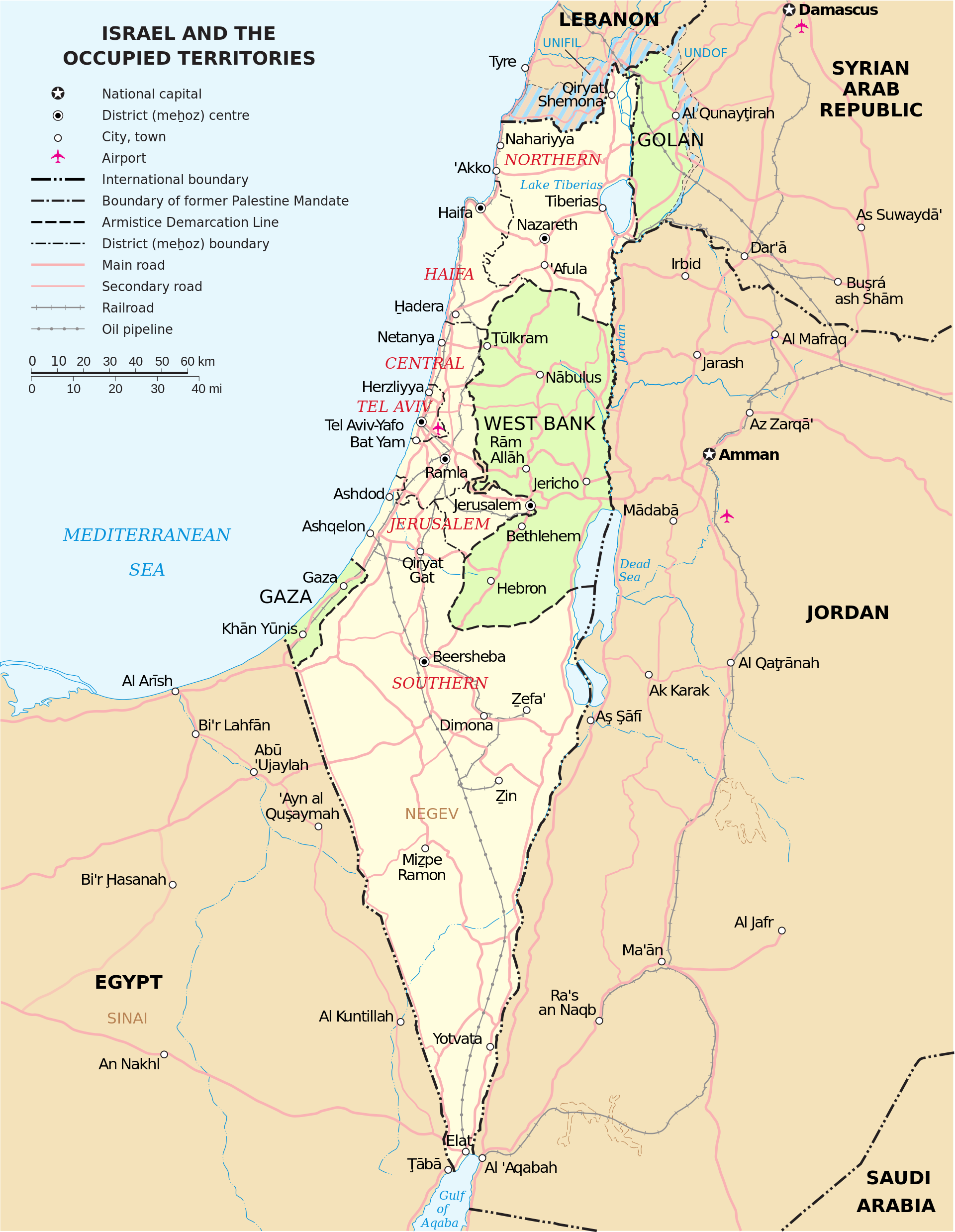The Israeli-Palestinian conflict has been characterized by periods of violent clashes, political tensions, and failed peace negotiations. Here’s a timeline of key events in the history of this conflict –
- ~1800 BCE: Biblical Patriarch Abraham settles in Canaan, later known as Land of Israel.
- ~1200-1000 BCE: Biblical Exodus and conquest of Canaan.
- 1000-970 BCE: Reign of King David, establishes Jerusalem as capital.
- 970-931 BCE: Reign of King Solomon, construction of First Temple.
- 722 BCE: Assyrians conquer northern Kingdom of Israel.
- 586 BCE: Babylonians destroy First Temple, begin Jewish Babylonian exile.
- 538-332 BCE: Persian rule allows Jewish return, construction of Second Temple.
- 332-63 BCE: Hellenistic rule following Alexander the Great’s conquest; leads to Maccabean Revolt.
- 63 BCE – 313 CE: Roman and Byzantine rule; destruction of Second Temple (70 CE).
- 313-636 CE: Byzantine rule continues; Jewish population declines under Christian rule.
- 636 CE: Arab Muslim forces conquer Jerusalem, beginning of Islamic rule.
- 1099: First Crusade results in Christian conquest of Jerusalem.
- 1187: Saladin, Muslim leader, recaptures Jerusalem from Crusaders.
- 1517: Ottoman Empire takes control, ruling until 1917.
- 1799: Napoleon’s unsuccessful attempt to conquer the region.
- 1800s: Jewish religious and Zionist movement activity begins to increase.
- 1882-1903: First Aliyah, early wave of Zionist immigration from Europe.
- 1896: Theodor Herzl’s “The Jewish State” published, modern Zionism gains momentum.
- 1897: First Zionist Congress held in Basel, Switzerland.
- Late 1800s: Zionist Movement advocates for a Jewish homeland in Palestine.
- 1917: Balfour Declaration supports a “national home for the Jewish people” in Palestine.
- 1920-1947: British Mandate of Palestine, tensions rise between Jewish and Arab communities.
- 1947: UN proposes partition plan; Jewish leaders accept, Arab leaders reject.
- 1948: Israel declares independence; Arab-Israeli War ensues. Around 6,000 Israelis and estimated 7,000-15,000 Arabs killed.
- 1956: Suez Crisis; Israel, UK, and France attack Egypt to regain control of Suez Canal.
- 1964: Establishment of Palestinian Liberation Organization (PLO).
- 1967: Six-Day War; Israel captures Gaza Strip, West Bank, East Jerusalem, Sinai Peninsula, and Golan Heights.
- 1973: Yom Kippur War; Egypt and Syria attack Israel on Yom Kippur.
- 1978-1979: Camp David Accords; Egypt recognizes Israel, Israel returns Sinai to Egypt.
- 1987: First Intifada begins, lasting until 1993. Over 1,000 Palestinians and 160 Israelis killed.
- 1993: Oslo Accords; PLO recognizes Israel, Israel grants Palestinian self-governance in Gaza and West Bank.
- 2000: Second Intifada begins, lasting until 2005. About 3,000 Palestinians and 1,000 Israelis killed.
- 2005: Israel disengages from Gaza.
- 2006: Hamas wins Palestinian legislative elections; Israel imposes blockade on Gaza.
- 2008-2009: Gaza War; around 1,300 Palestinians and 13 Israelis killed.
- 2012: Operation Pillar of Defense; about 170 Palestinians and 6 Israelis killed.
- 2014: Operation Protective Edge; over 2,100 Palestinians and 73 Israelis killed.
- 2018: Great March of Return protests in Gaza; over 200 Palestinians killed.
- 2021: 11-day conflict; over 250 Palestinians and 13 Israelis killed.
- 2023: Hamas attacked Israel. Israel retaliated. Over 1200 Israelis and 42000 Palestinians killed. Status – Ongoing.
- 2024: Hezbollah attacked Israel. Israel retaliated. Status – Ongoing.
And the cycle of violence continues…



















